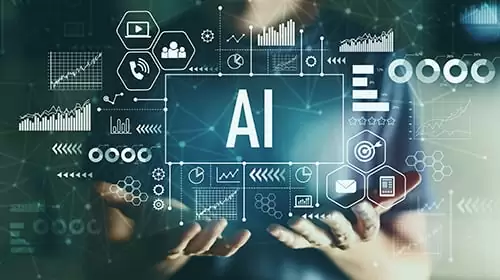
Estimated reading time: 4 minutes
The AI Act was the first attempt in the world to regulate artificial intelligence, in this article we make some considerations on the topic.
The Supreme Court of the United Kingdom has definively rejected the requests of the American entrepreneur Stephen Thaler to obtain two patents for as many creations of a self-generating AI system he owns called DABUS. Thaler himself had lost, last August, a very similar case in the United States before the federal judge in Washington (DC). The reasoning of the English judge says that an "inventor" must be, according to English law, "a human being or a company not a machine". The American judge had motivated his refusal with the lack of adequate creative and original content in the AI systems' productions machine learning.
In reality, the decisions of the judges, both American and English, should not be surprising because, at present, AI systems are more tools than operators and therefore outside, for definition, from the possible protection of copyright laws.
However, the DABUS product was not specifically mentioned by the English or American legislator. In general, legislators are trying to find a balance between consumer protection and the development of AI. Consumer protection is an important issue for both lawmakers, but at the same time, AI has the potential to improve people's lives in many ways. It is important that legislators continue to work to ensure that AI is used responsibly and safely, protecting consumer rights and promoting the well-being of society as a whole
In his latest, and much publicized, visit to Rome, Elon Musk, in a private meeting, underlined how "it is difficult today to say intelligent things about AI because even while we are talking, technology and science are moving forward and everything is evolving". Very true. One more reason to avoid with AI the mistakes made with the Internet between the end of the 80s and 90s of the last century when it was decided that no regulation was necessary. We have seen the results with the creation of semi-monopolitical companies with economic and media power superior to the states.
The agreement reached within the EU with the AI Act, the first comprehensive regulation on AI at a global level, is an important signal. Both of the awareness of the urgency of adequate institutional interventions and of how difficult it is to carry them out precisely because the sector is rapidly evolving. So much so that the EU law (originated at a technical level in 2022) did not include the self-generating Chat GPT-type systems that have become very popular in recent months.
Legislators will soon be faced with, on the one hand, the need to find clear and effective rules that above all protect consumers' rights of choice and transparency. On the other, the need to prevent inadequate rules from blocking development and innovation in a key sector of the new modernity.
Ercole Palmeri
Developing fine motor skills through coloring prepares children for more complex skills like writing. To color…
The naval sector is a true global economic power, which has navigated towards a 150 billion market...
Last Monday, the Financial Times announced a deal with OpenAI. FT licenses its world-class journalism…
Millions of people pay for streaming services, paying monthly subscription fees. It is common opinion that you…